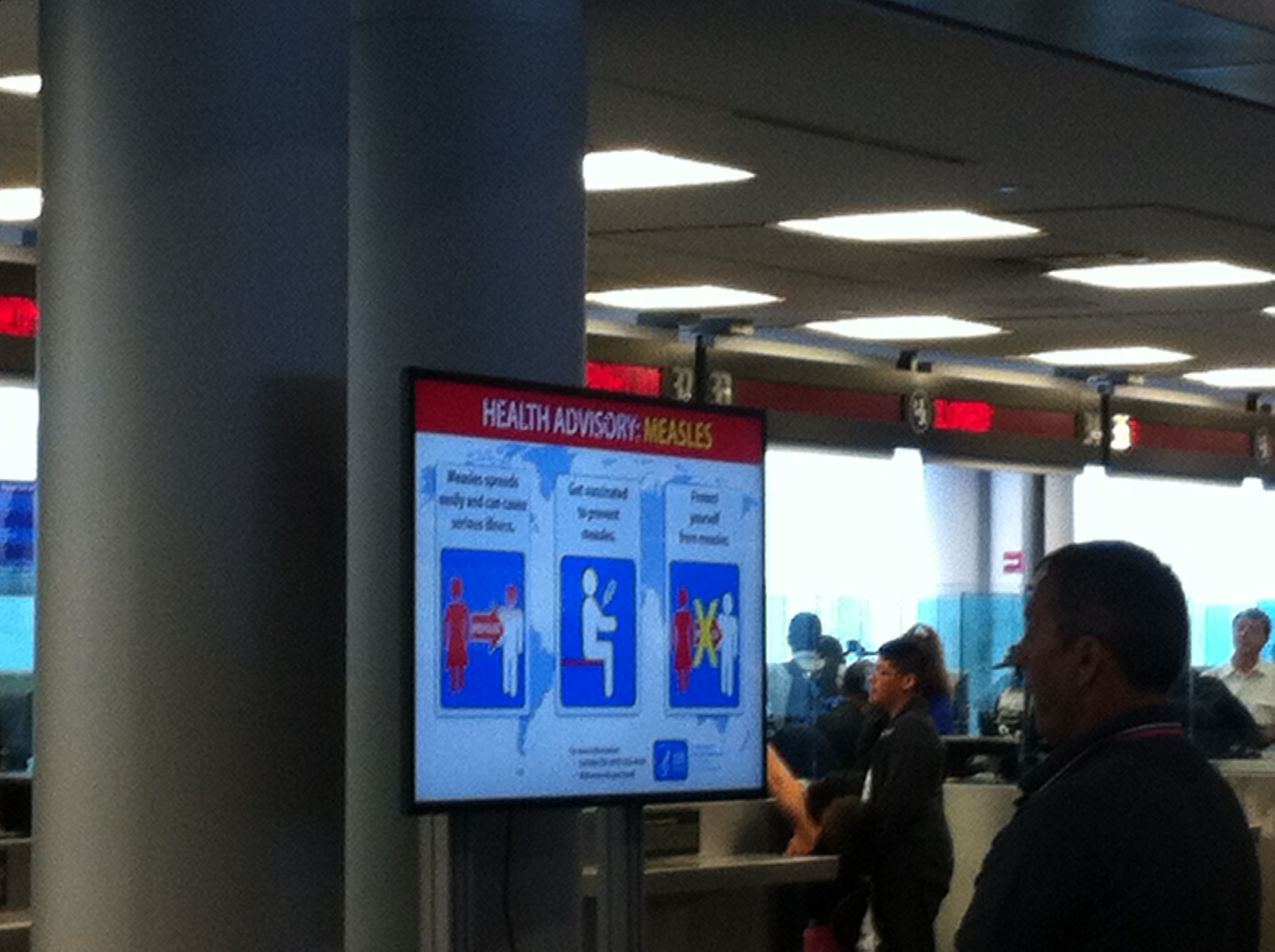iBeacon is the newest word in my limited technology vocab but also one strongly trending in the realm of marketing and ecommerce.
Beacons, including Apple’s iBeacon, are wireless location transmitters soon to be used in smartphones and iOS devices that work on Bluetooth low-energy wireless technology (BLE). The premise of beacons is to collect and transfer information on relative location rather than location data collected from lower resolution sources like GPS. The technology also allows devices to communicate with other devices in the absence of user-mediated direction. Your iPhone goes with you to a bar and the cash register has a beacon that communicates with your phone’s beacon which communicates with your stored bank account app and three drinks later you leave the bar with the phone having taken care of paying and tipping. No need to call the bar tender or take out your wallet. At Rathskeller this would be amazing.
Heathrow airport is already on the practical applications of beacons, currently testing their use by partnering with Virgin Atlantic. Passengers walk into Heathrow, their phones alert the check-in counter of their arrival and by the time they look down, the boarding pass is already pre-loaded on the phone. Will we look back on 2014 and say: Why did we ever wait in lines?
Beacons make sense. They lay the foundation for a coming future of “The Internet of Things” and should eliminate many current frustrations of life in 2014 society (i.e. waiting lines, carrying credit cards, piles of receipt papers, losing devices, thefts of devices, the old-fashioned problems of, say 2035).
There is a lot of current talk on how beacons will change the future. Some is negative, predicting intolerable amounts of targeted ads directed at consumers every time one walks by a beacon for a product he or she otherwise would never notice. I understand that complaint and would prefer not to have my phone alert me when, say ketchup is 2.99, and then have it give me some digitial coupon when I walk through the condiment aisle, especially if I have no interest in ketchup while bee-lining for dairy.
Some of the talk is positive, predicting increases in accessibility and stream-lining of digital information, such as having additional text, product info or history regarding the painting you are staring at in the art museum or the food product you are about to digest.
Incredible to me is that of all the current talk surrounding iBeacon applications, I have yet to find any talk of applications in public health. It seems technology that allows devices to communicate and interact with the outside world and other devices could be extremely valuable in terms of epidemic containment or targeting prophylaxis and treatment. A symptomatic patient comes into a clinic and is either given a beacon to wear or uses the beacon in a phone/mobile device, when a diagnosis is made, the patient’s beacon registers that information and can the pass that information to future beacons it may interact with. Airport beacons would be alerted to check the patient before allowing them on a flight, doctors would be alerted if new patients with beacons had interacted with previous patients with beacons that registered an infection, and behaviors that could be indicative of a person at risk for a certain infection or that indicate sickness (i.e. buying flu medicine at a pharmacy or frequent trips to a public restroom) could be registered by beacons which would then make use of the digital device to provide information on treatment and prevention.
After a recent flight, I passed an LED board displaying health alerts at the U.S. Customs desk, asking passengers to voluntarily declare whether or not they thought they had measles, dengue or a few other diseases. I thought this was interesting that in 2014 we still rely on human judgement and decision making even in cases where it may be flawed. Can we always trust people to come forward if they are sick and allow themselves to be detained? Would it be safer if technology pre-identified and notified travelers with x symptoms or x diagnosis? I think an iBeacon could help.

